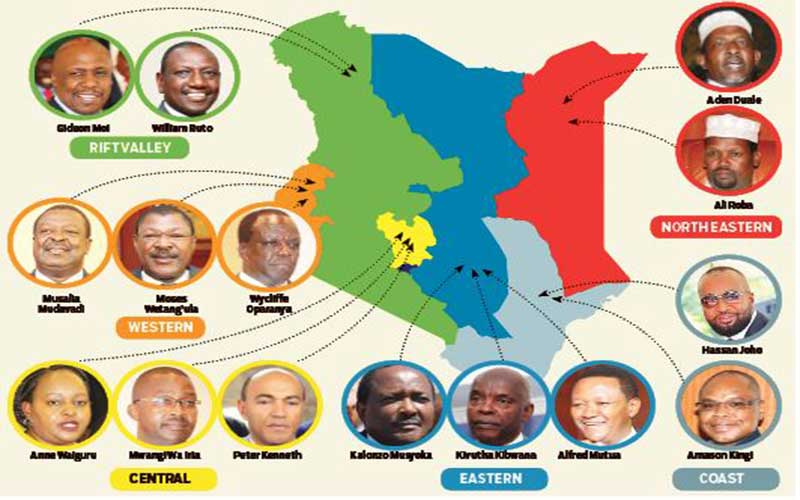×
The Standard e-Paper
Home To Bold Columnists

Looming constitutional reforms to expand the Executive have triggered a scramble for the proposed posts by politicians, with equally radical proposals on regional interests adding fuel to the fire.